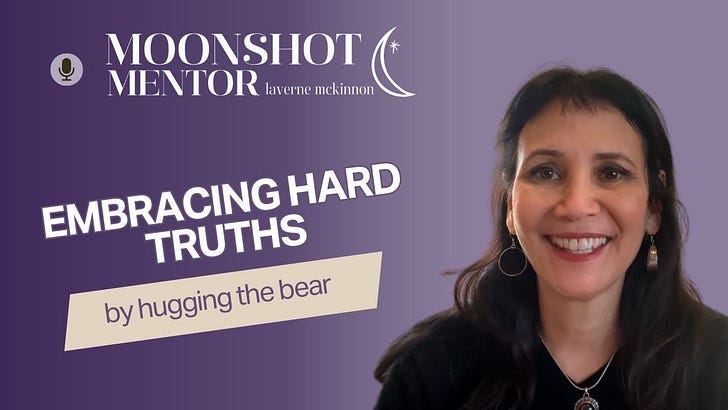“Losing your job is worse than losing your leg.”
This is a quote from “Silver Linings Playlist: An Amputee’s Songs of Healing,” an essay by
. I was shocked — not so much because the sentiment seemed extreme, but because it felt like Diana was looking into the deep, dark crevices of my soul and was calling me out. I have not lost a leg or a limb, but I un…Listen to this episode with a 7-day free trial
Subscribe to Moonshot Mentor with Laverne McKinnon to listen to this post and get 7 days of free access to the full post archives.












